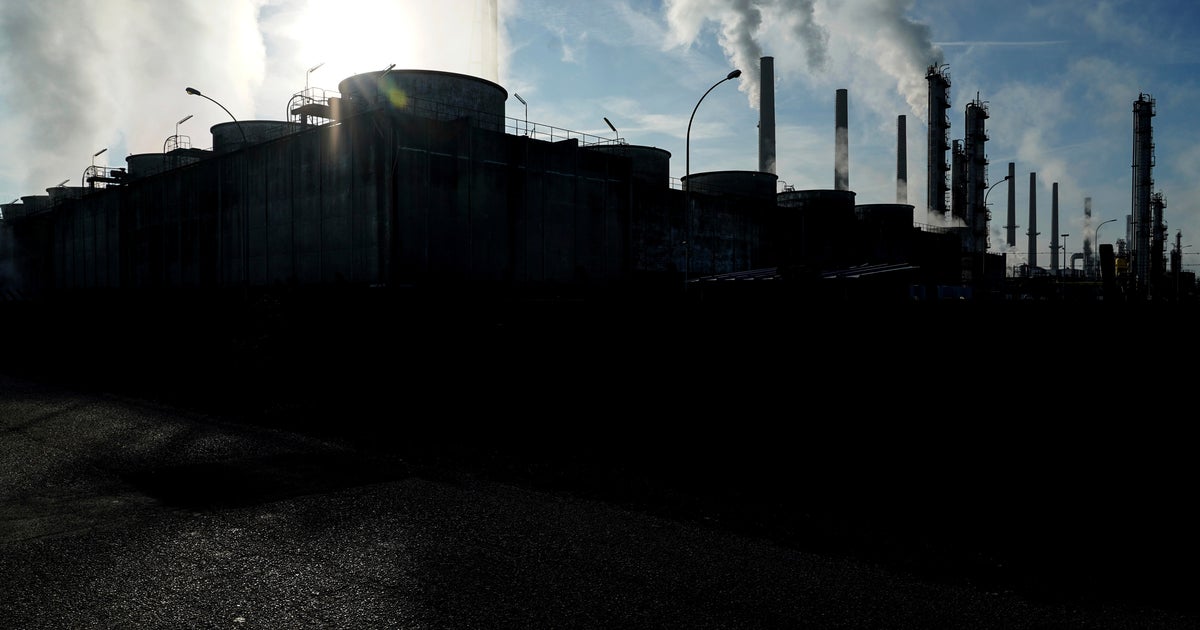California lab finds new clues in popular heartburn drug's possible cancer link
The popular heartburn drug ranitidine, the generic form of Zantac, was linked to cancer in September, prompting some voluntary recalls of the drug and an investigation by the Food and Drug Administration. A lab in California has also been working to get to the bottom of its potential dangers.
The initial findings last fall showed some samples of the drug — taken by an estimated two million Americans to treat stomach acid and ulcers — had unacceptable levels of a chemical called N-nitrosodimethylamine, or NDMA, which the World Health Organization calls a probable human carcinogen. A team of researchers at the California lab, Emery Pharma, thinks it is closer to an answer, "CBS This Morning" chief medical correspondent Dr. Jon LaPook reports.
Emery has been trying to figure out why FDA testing revealed some batches of ranitidine had unacceptable levels of NDMA. Now, its chemist Ron Najafi thinks his team has found a clue.
"What we found out was that NDMA is being generated as a result of heating of ranitidine," Najafi said.
Najafi's lab looked at the effect of heat on the drug over 12 days. At room temperature, a standard dose of ranitidine rose to 25 nanograms of NDMA — below the FDA daily acceptable limit of 96. But when ranitidine was heated to a 158 degrees, the level rose to 142 nanograms.
"So if someone were to keep their ranitidine, Zantac, in their car for example and in the middle of summertime, that product is going to get heated up and it's going to generate this compound," Najafi said. "So NDMA in this case... is not an impurity in the drug, it's being formed from the drug itself."
Najafi said he is concerned about possible prolonged heat exposure during transport from the manufacturing plant — which could be an ocean away from store shelves. He's now serving as an expert witness for plaintiffs in litigation involving NDMA.
Najafi's lab submitted its findings to the FDA last week, and in a petition asked the agency to request a recall of all ranitidine products, require the medicine be shipped under controlled temperatures, and order further testing to assess stability.
Dr. Janet Woodcock heads up drug evaluation and research at the FDA.
"It does appear when ranitidine is heated significantly that there is conversion into some NDMA can form, however these are pretty high temperatures, so the question about whether ranitidine would need to be kept cold to keep it from converting, is something that still hasn't been answered," Woodcock said.
Dr. Woodcock said the FDA is still investigating why some batches contained higher levels of NDMA than others.
"For most of these contaminants that we're talking about the level of NDMA, or nitrosamine in there, is not much more than your daily diet, especially if you ate a lot of meat," she said.
Since the recall is voluntary, the FDA says there still may be some ranitidine products on store shelves.
Sanofi told CBS News that testing of its brand-name Zantac products is ongoing, but it has voluntarily pulled the medication from store shelves for the time being. Many companies selling generic forms of the pill have done the same.
As for the source of the NDMA, Dr. Woodcock said the FDA investigation is also ongoing. One of the things they're looking at is whether it is somehow converted into NDMA in the body once it's swallowed, which will take some time to figure out, according to Woodcock.



